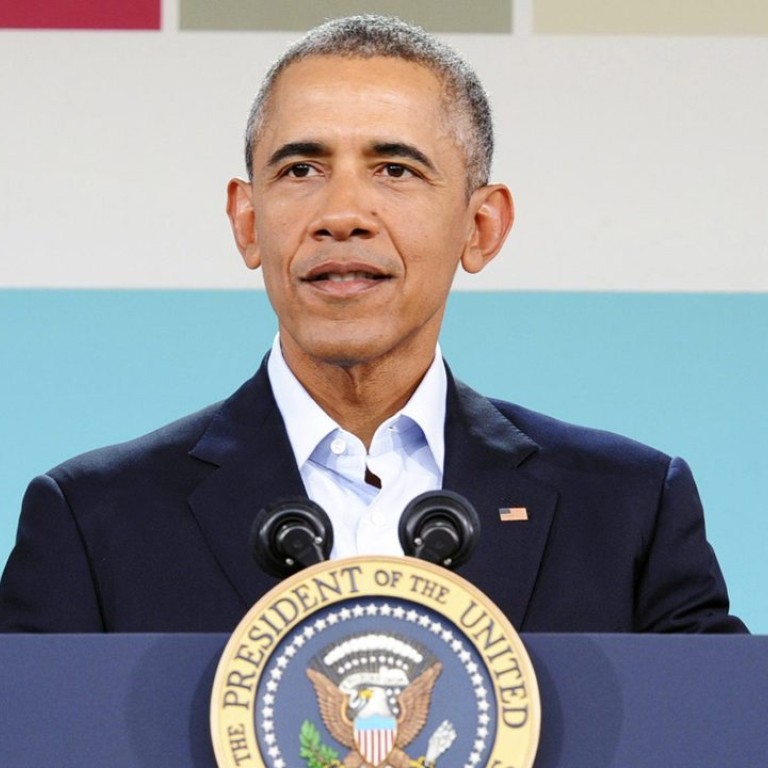
Obama opposes bill to rename Chinese Embassy address after political prisoner Liu Xiaobo
The Obama administration said on Tuesday that the president would veto legislation to rename the area in front of the Chinese Embassy in Washington after a prominent Chinese political prisoner.
State Department spokesman Mark Toner told reporters that the bill proposed by Republican presidential candidate Senator Ted Cruz of Texas, which has passed the Senate, would only complicate efforts to impress upon China the need to respect human rights and release Liu Xiaobo.
It’s our desire to work more productively and cooperatively with Congress on ways to address our shared goal of improving human rights in China
Liu is a Nobel laureate serving an 11-year sentence on the conviction of inciting state subversion after calling for democratic reforms
The proposal has already raised hackles in China, which said it violated fundamental principles of international relations.
“If the bill becomes law, it will lead to serious consequences. We demand the US Congress stop reviewing the bill, and also hope the US administration could put an end to such a political drama,” Chinese Foreign Ministry spokesman Hong Lei told a news conference in Beijing on Tuesday.
Cruz’s bill would make “1 Liu Xiaobo Plaza” the official address of the embassy. Its current address is 3505 International Place. The bill still needs House approval and then President Obama’s signature.
Toner said the White House has indicated Obama would veto it.
“We view this kind of legislative action as something that only complicates our efforts so we oppose this approach,” Toner said in Washington. “It’s our desire to work more productively and cooperatively with Congress on ways to address our shared goal of improving human rights in China.”
Shi Yinhong, Professor of International Relations and Director of the Centre for American Studies at the Renmin University of China, said Obama’s decision to veto the legislation did not come as a surprise.
“[Vetoing the legislation] is a must, with Sino-American relations being quite poor now due to issues such as the South China Sea disputes and the North Korean problem,” Shi told the Post. “[The decision] is the basics in maintaining the current Sino-American relations.”
Describing the Senate’s bill as “a joke” and “a farce”, Shi said the incident will not have any effect on the current US-China relations.
Additional reporting by Gloria Chan

